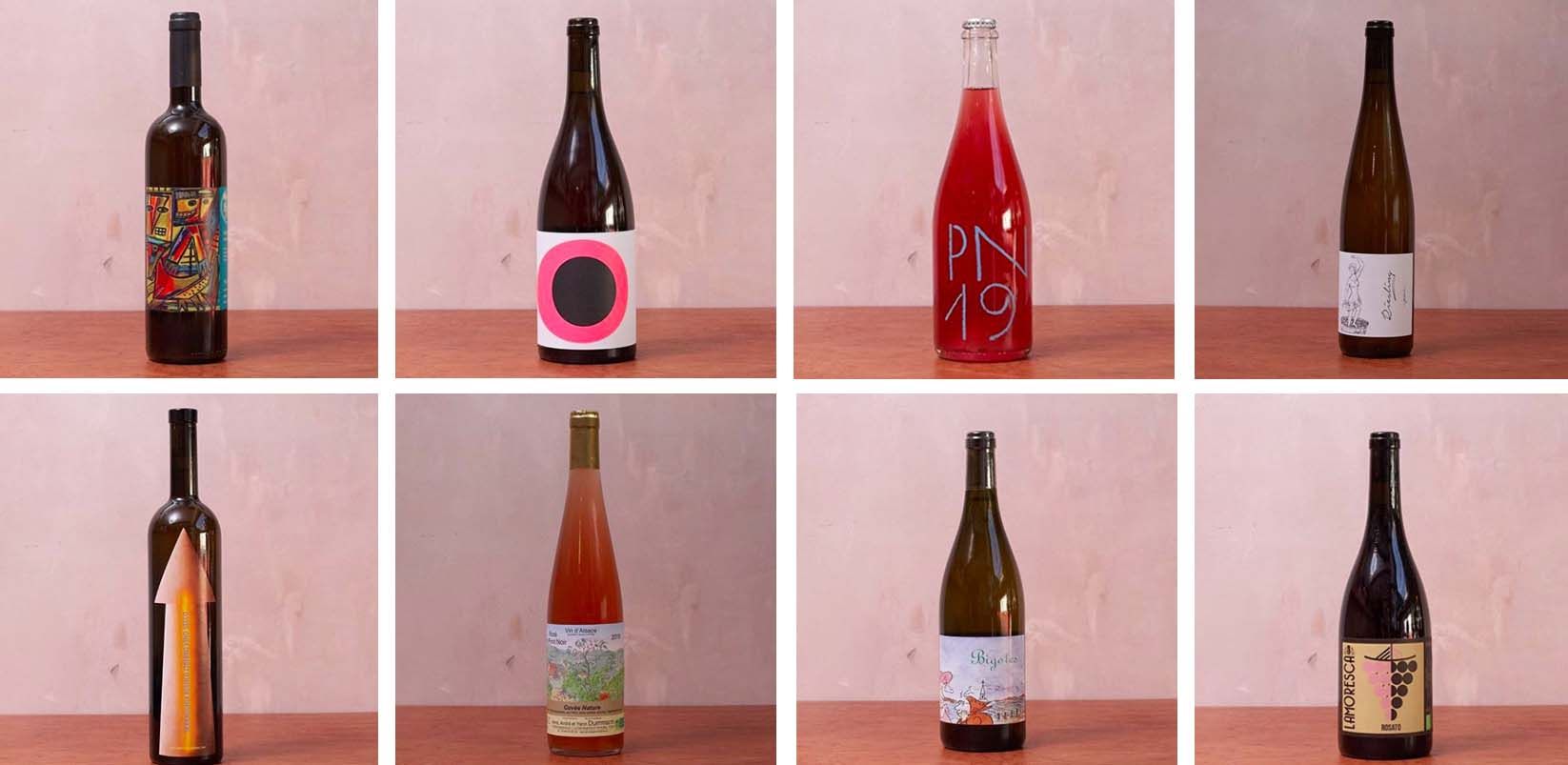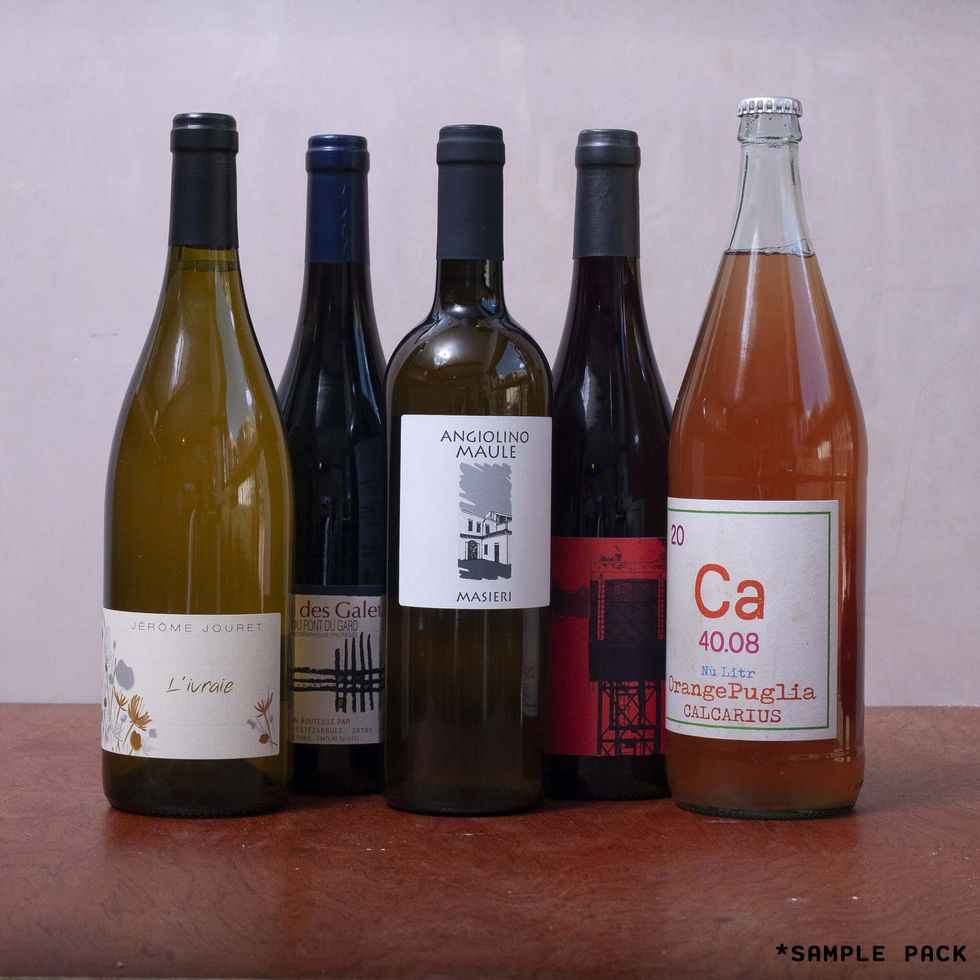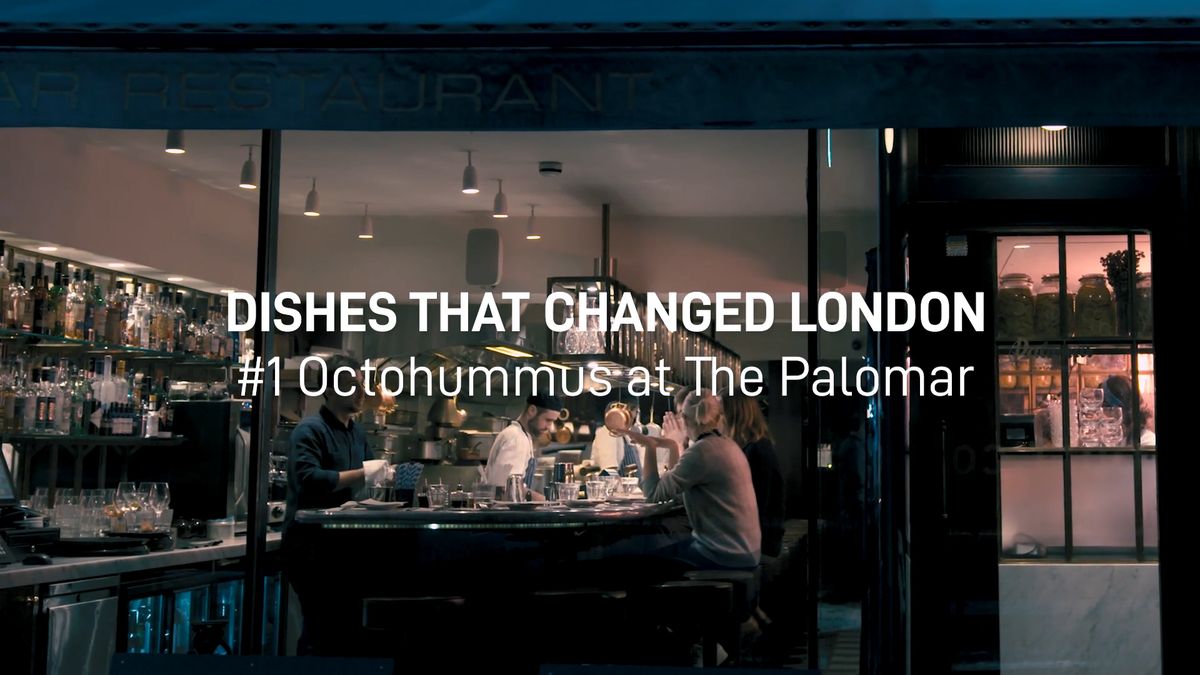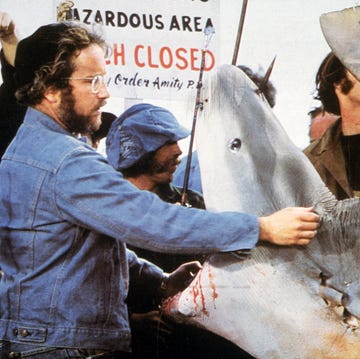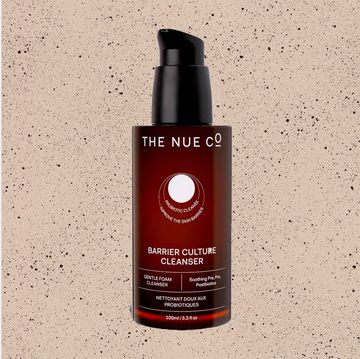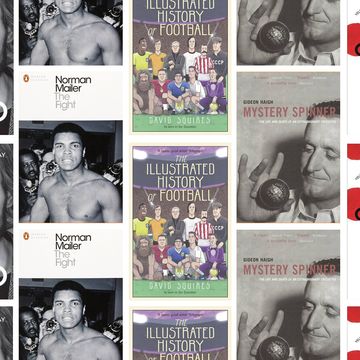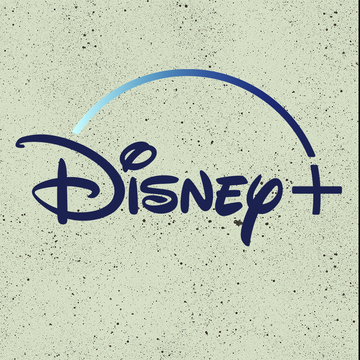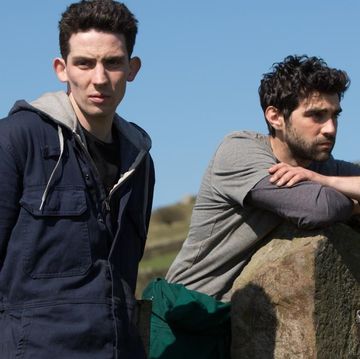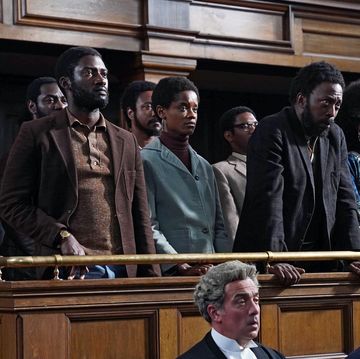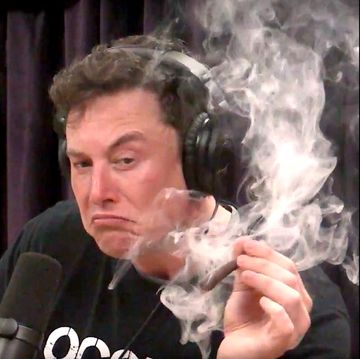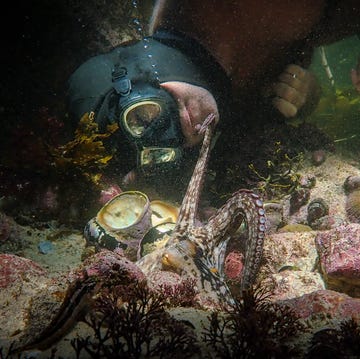There are 773,000 entries under #naturalwine on Instagram, many thousands of which have been taken during the last month of global lockdown. There are photos of orange pét-nats posted from Spitalfields, organic pinot noir on a table in Seoul, Sancerre in Singapore. A Georgian wine called Pheasant Tears, being drunk in Brooklyn, and another bottle of pét-nat, this time located in Calgary, Alberta. Its caption claims that it will “explode on opening.” Hopefully that’s just a figure of speech.
With bars, wine shops, restaurants and pubs across the world shuttered for who knows how long, a curious thing has happened to the world of trendy wine culture: it has gone online. Zoom tastings, Instagram Live walkthroughs and specially curated 'natty' wine packages have popped up around the globe, in a matter of weeks, as the wine world scrabbles to adjust to our new and strange corona economy.
“It [the coronavirus] is not a great thing for the wine industry,” says Brodie Meah, owner of Shop Cuvée, a restaurant, bottle shop, online grocery store and natural wine bar in north London, which has a loyal clientele and a growing Instagram following. “I think, particularly for some small growers, it could be catastrophic financially. But as they say, necessity is the mother of invention, so we're certainly trying to turn the whole thing into a positive for our customers. I think people are happy for guidance on what to drink and discover new things.”
New bottles are announced on its Instagram page in a vernacular more akin to a trainer drop than a fresh delivery of Domain Durrmann: “New heat in the shop!” The captions are fun and informative with plenty of crystal ball, fire and drooling emojis, while photos of customer ‘hauls’ are reposted on its stories. The labels are, invariably, illustrated, a bit wonky, bright and visually appealing with names like ‘3 Colours’, ‘Chin Chin’ and ‘No Control’. Like all good social media content it feels light-hearted, cool and desirable. Like you want to join the club, even if you’re not entirely sure what that means, or what the dress code is.
“In our new retail setup, branding and labels play a much bigger part in people's decision," says Meah. "I've always been of the opinion that branding has an effect on people's perception of flavour. I always put myself in the customer's shoes when making a decision and making assumptions on how a product is presented is part of that.”
At Newcomer Wines, a Dalston wine bar and merchants that specialises in varieties from Swiss and Austrian vineyards, they are experimenting with virtual talks and tours featuring experts and winemakers. “We wanted to help keep our growers and customers connected and learning during these times when face to face tastings and travel is not possible,” says Bryan Jackson, one of Newcomer’s founders. “Every Wednesday in April, at 3pm, we host three winemakers and discuss a different topic each time – from preserving heritage grape varieties, through to what we can learn from ‘slow’ winemaking and returning to a simpler way of life.
“Wine has always been a little slow to catch-up with the digital world, but the pandemic is changing this up a bit," he adds. “I think that everyone – and every business – is adjusting the best they can. Wine will always be social, whether you are drinking with someone in a bar – sometime soon, we hope – or having a glass of wine with a friend over Zoom.”
“I think the wine world is really playing its best role here, offering relaxation and comfort to people who are cooped up in their homes,” says Rachel Signer, founder of Pipette, a beautiful and trendy quarterly magazine about natural wine. “A glass of nice wine takes the edge off whatever news article you're reading.
“I know some people have been doing Zoom happy hours. I did one with some friends who I traveled with around Slovenia last year. We had a trip planned for Italy, this year, and of course it's cancelled. So we drank on Zoom. The other day, I did an Instagram Live 'apéro' on the Pipette Magazine Instagram account, which was really fun. A few hundred people joined and I opened up four bottles of natural wine and chatted about them, and about making the magazine. I may do it again.”
Hedonism, a Mayfair merchant of some repute, is even offering Zoom tastings with a professional sommelier at a cost of £100 per hour (excluding wine costs). "They have been extremely popular," says Matthias Simonet, Hedonism's shop and events manager. "We have a nice mix of new and former clients. It has allowed us to offer tasting experience to people living outside of London, who are usually not able to make the journey to the shop for a 'normal' tasting."
Despite the global wine industry being valued at more than $29 billion annually (natural wine makes up around $4 billion of that figure) the vast majority of winemakers function on razor thin margins, working with and against ever-fragile factors such as weather, rot, plague and changing tastes. An unseasonably wet summer or a particularly frostbitten winter can be catastrophic for an independent wine business. Now add in a pandemic that doesn't appear to want to adhere to any kind of human timeframe (stop... now?) and things have gotten tricky. "We are trying to stay sane over here but I can't wait for lockdown to be over to take the surfboards out again," says Jurgen Gouws, the young owner of Intellego Wines, a "minimal intervention" producer in the Swartland region of South Africa, north of Cape Town. His wines are sold at natural wine bars and stores around the world. The labels are, of course, very appealing, with lots of primary colours, clean space and abstract lines. If Intellego sold prints, you'd want to buy one.
"Branding definitely plays a bigger part than before as people, and especially the younger generation, like to explore and try new things," says Gouws, who reveals that online and social media interaction has been way up during quarantine. "There is still a generation that has their favourites and sticks with them, so its 50/50. I do think that we are moving into a time where people will have to 'taste' more with their eyes and a big part of selections made are based on that.
"Design is one thing that can’t be rushed and with some of the labels it took me months before I came up with the imagery and story. Selling wine is also very much about selling the story and that’s why one has to make sure imagery and the story complement each other."
A bottle of red wine arrives at my house from Shop Cuvée (they even include two stickers, how kind). It's called Bock Les Grelots, a blend of Syrah, Merlot and Grenache. It's made by Sylvian Bock out of a low intervention vineyard in the tiny French town of Alba-la-Romaine in the Ardèche. The label is ecru with an irreverent, bulbous font in a wispy grey pencil-effect. It looks lovely in contrast to the dark green of the bottle.
I wait for the late afternoon spring light to cut through my kitchen window and take a photo of the bottle held up to a wall, dappled in 5pm sunlight, posting it to my Instagram stories. Shop Cuvèe reposts it. I feel good, like I'm part of the club now. I feel like a man of means and good taste. Aspiration in isolation. A wine guy. I pour a glass later that evening, which quickly turns to three. It tastes good, too. Am I being influenced by the minimalist label? Probably. Who cares. I'm a wine guy now.
I finish the bottle and admire the label again.
Like this article? Sign up to our newsletter to get more delivered straight to your inbox.
SIGN UP
Need some positivity right now? Subscribe to Esquire now for a hit of style, fitness, culture and advice from the experts
SUBSCRIBE
